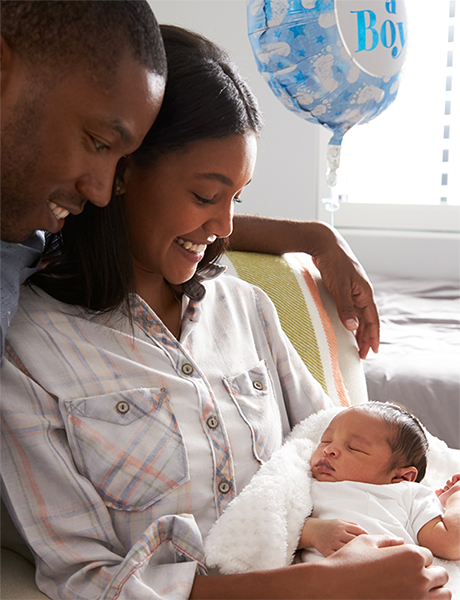It is generally recommended that pregnant people with ostomies, IPAA/J-Pouch and/or active perianal fistulas or abscesses consider a Caesarean section. There are a few reasons for this, including:
Vaginal delivery may sometimes result in J-Pouch dysfunction after a prolonged labor and could also damage the anal sphincter, leading to incontinence.
Fistulas and abscesses to the vaginal and/or perianal region pose an infection risk and may become more traumatized during a vaginal delivery.
Scarring and adhesions from prior rectal and abdominal surgeries may make vaginal access to the baby challenging, requiring physical maneuvers that may cause trauma or prompt conversion to a cesarean delivery.
A planned cesarean section in a patient with multiple abdominal surgeries is always preferred and is less challenging to oversee than an emergency cesarean section without surgical back-up. 1
It’s very important to note here that the aforementioned recommendations around labor and delivery outcomes are based on anecdotal evidence as there is a lack of large studies of pregnant ostomates and J-Pouch/IPAA patients.
It is often advised to have a delivery done in conjunction with a colorectal surgeon present in the operating room in case there are bowel-related complications during delivery.
It is also important to keep in mind that an individual can speak with their care team about optimal timing for surgery vs. pregnancy. For example, some people do get pregnant after they recover from a total colectomy and while they still have a temporary ileostomy. Then, after pregnancy, they can decide to move forward with IPAA/J-Pouch surgery. These are individual preferences and the best timing to have surgery or get pregnant can be discussed with a surgeon dependent on each person’s health and their baby’s health.
Written by Tina Aswani Omprakash. Medically reviewed and validated by Jordan Axelrad, MD, MPH. These webpages are funded by a grant from The Leona M. and Harry B. Helmsley Charitable Trust.




